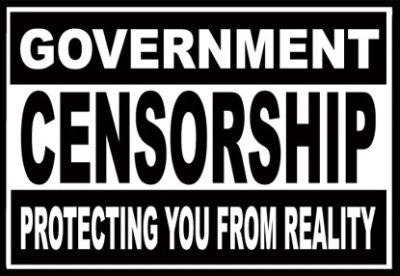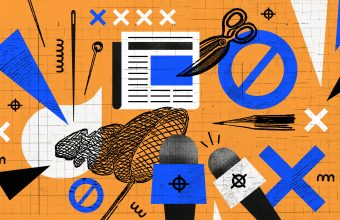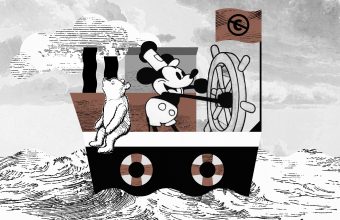The moveable type printing press created by Gutenberg around 1440 unleashed a cultural revolution like few in the history of humanity. The drudgery of copying a text by hand gave way to the mechanical reproduction of multiple copies, allowing for wider and faster circulation of information.
Fearing that the spread of these ideas could jeopardize the established order, European governments created official licensing systems that facilitated their control over the circulation of literature. Such licenses granted a particular printing press the exclusive right to print a work of literature for a given number of years within a specified territory. This attempt to control the flow of information and to censor critical discourse is at the root of copyright law, where it is inextricably bound in a tense relationship with freedom of expression.
The widespread growth of digital technologies and the Internet, whose impact is perhaps comparable to that of the printing press, adds a new level of complexity to the relationship between censorship and copyright. One reason for this is that copyright law presupposes the existence of exclusive author’s rights over a work solely in virtue of having created it. Such rights are granted regardless of whether or not the work has any commercial value, or whether it was created thanks to public funds, and without even considering the author’s intent. This means that it isn’t necessary for the author to say that the work is protected in order to be granted copyright, nor does the author need to disapprove of a particular use of the work in order for this use to constitute a copyright infringement.
It is in this context that companies such as Ares Rights have built their business. Since, by default, any content on the Internet requires permission from the copyright holders, Ares Rights has found a fertile ground for demanding compliance with copyright law on their behalf, demanding that any content that doesn’t have the respective permission be taken down. So far, this may appear as an innocent form of intermediation, but the picture changes when we examine in detail the events taking place in Ecuador in recent months, which may be the best example in the region of how copyright law can be abused in order to stifle uncomfortable political discourse on the Internet.
This is a strange and convoluted history, but it basically consists in the mass delivery of unusual copyright infringement notices to citizens who criticize the administration of President Rafael Correa. They were received by political commentators who used images of Correa, transmitted on Ecuadoran public television, in videos uploaded to YouTube, in order to make visible the resistance of local communities to the onslaught of mining communities in the country’s inland provinces. The same thing happened with videos that used stock footage to illustrate the inconsistencies of the President’s statements together with videos of protests against the exploitation of Yasuní national park, and images of repression against students.
Paradoxically, documentary filmmakers have also run against serious obstacles on the Internet when attempting to distribute films that are critical of the government. One such example is that of journalists Santiago Villa and Gonzalo Guillen and their documentary ‘Rafael Correa: retrato de un padre de la Patria’ [Rafael Correa: portrait of a founding father].
Ares Rights has tried, often successfully, to take their content off the internet arguing copyright infringement. Although the Spanish company has acted on behalf of Ecuador TV, the Ecuadoran public television channel, President Correa and Vice President Jorge Glas deny having any connection with Ares Rights.
These cases are a dramatic illustration of the dangers of an unbalanced copyright model, and also of the precarious condition of freedom of expression in Latin America. Freedom of speech is an ideal that has entailed years of struggle in our countries seeming to be attainable thanks to new technologies, only to be snatched away by those in a position to wield these powers.
The strength of our democracies lies precisely in being able to prevent this from continuing to happen.

 Ataques físicos y violencia digital
Ataques físicos y violencia digital Vulnerabilidades que persisten
Vulnerabilidades que persisten Leyes obsoletas
Leyes obsoletas